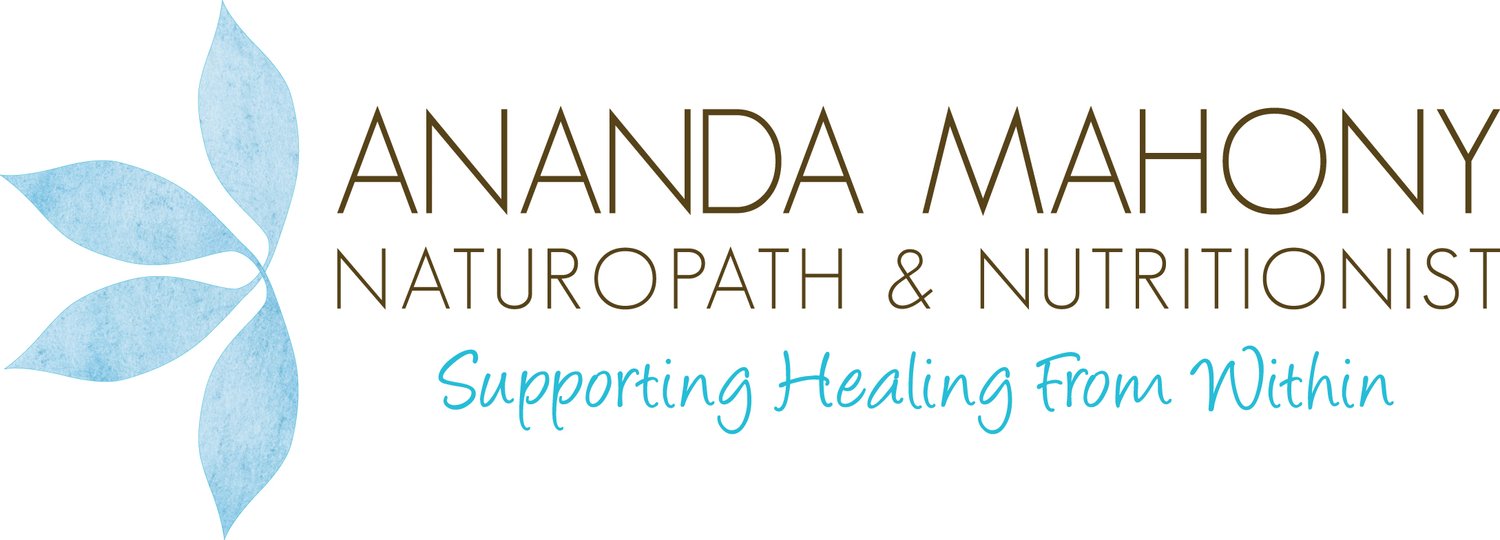How Vitamin Deficiencies May Worsen Rosacea
New research reveals interesting links between rosacea severity and blood chemistry that could change how it is treated.
If you're among those dealing with rosacea's persistent redness, bumps, and facial inflammation, new research from South Korean dermatologists offers interesting insights that could add to treatment approaches. The recently published study has revealed a connection between rosacea severity and deficiencies in certain B vitamins.
What the Study Found
Researchers examined 138 patients with papulopustular rosacea (the type characterised by red bumps and pus-filled lesions) alongside 58 healthy controls, measuring blood levels of three key compounds: homocysteine, vitamin B12, and folic acid.
The Key Findings:
Patients with rosacea had significantly lower levels of vitamin B12 and folic acid compared to healthy individuals
While overall homocysteine levels weren't dramatically different between groups, patients with more severe rosacea showed progressively higher homocysteine levels
The more severe the rosacea, the lower the vitamin levels and the higher the homocysteine
Why This Matters
This isn't just about correlation – there's a clear biological pathway at work. Homocysteine is an amino acid that your body produces during normal metabolism. Normally, it gets converted into other useful compounds with the help of vitamin B12 and folic acid. When these vitamins are deficient, homocysteine builds up in the blood.
Elevated homocysteine (called hyperhomocysteinemia) is problematic because it:
Promotes inflammation throughout the body
Increases oxidative stress (cellular damage from free radicals)
Activates inflammatory pathways that may worsen skin conditions
Has been linked to cardiovascular disease
The Gut-Skin Connection
The study's authors propose an explanation for why rosacea patients might have vitamin deficiencies in the first place. Previous research has shown that people with rosacea have higher rates of gastrointestinal disorders, including:
Coeliac disease
Inflammatory bowel disease
Small intestinal bacterial overgrowth (SIBO)
Irritable bowel syndrome
These gut conditions can impair the absorption of vitamin B12 and folic acid, potentially creating a cycle where poor gut health leads to vitamin deficiencies, which in turn may worsen rosacea symptoms.
Beyond Blood Work
The researchers also measured skin barrier function, and their findings were consistent with previous studies, showing that patients with more severe rosacea had:
Higher transepidermal water loss (indicating compromised skin barrier)
Greater density of Demodex mites, which is commonly seen in rosacea but consistent in this study. Demodex are microscopic skin inhabitants that may contribute to inflammation.
Interestingly though, both factors correlated with the blood chemistry changes
This reinforced the understanding that rosacea involves multiple interconnected systems – the gut, the skin barrier, the skin microbiome, and systemic inflammation.
Testing B12
Consider discussing vitamin B12 and folic acid testing with your naturopath or health care professional especially if you have moderate to severe rosacea.
What This Means for Treatment
While this study doesn't prove that B12 and folate supplementation will improve rosacea, it does suggest that there are some potential treatment approaches:
Consider discussing vitamin B12 and folic acid testing with your naturopath or health care professional especially if you have moderate to severe rosacea
It reinforces that any underlying gut health issues that might affect nutrient absorption need to be addressed
Consider that rosacea may be more than just a skin condition – it may indeed reflect broader inflammatory processes
The Bigger Picture
This research fits into a growing understanding of rosacea as a systemic inflammatory condition rather than just a localised skin problem.
In moderate to severe rosacea, the condition might be connected to broader metabolic and inflammatory processes in the body. The outtake is that supporting gut health, ensuring adequate B vitamin intake, and working with a naturopath or healthcare providers who understand these connections is likely to have some benefit.
📆 Book a session with Ananda to explore your unique rosacea presentation and develop a personalised approach to healing.
Reference:
THE ROLE OF HOMOCYSTEINE, VITAMIN B12, AND FOLIC ACID LEVELS IN BLOOD SERUM IN ROSACEA. (2025). International Conference on Economics, Finance, Banking and Management , 39-41. http://econfseries.com/index.php/6/article/view/798


